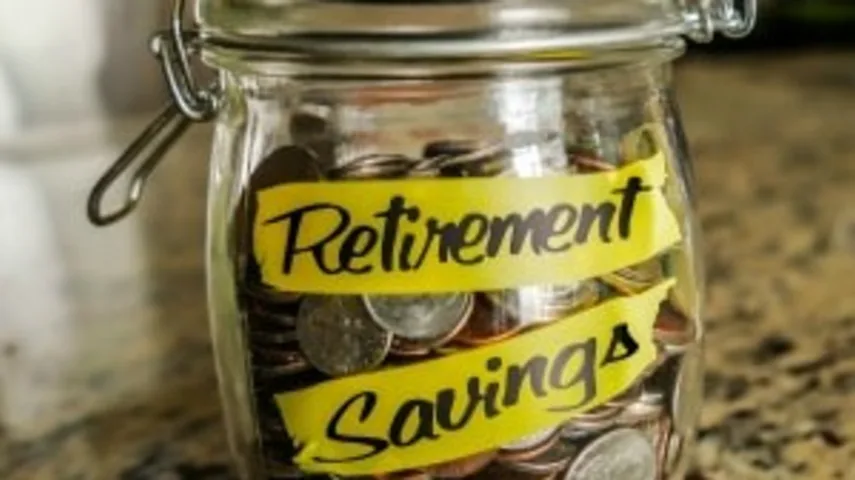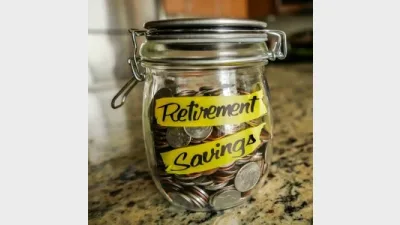Income tax savings not going into super



While 57% of Australians are looking to save the income tax cut they received in this year’s Federal Budget, only 6% intend to top up their superannuation, according to Colonial First State (CFS).
Research by CFS found that while 16% of its respondents used the Government’s early release of super scheme, few were using the tax cut to replenish their super balances. The majority of those looking to top up their super were aged between 55 to 64 years, despite the highest proportion of early withdrawals coming from 25 to 44-year olds.
CFS general manager, Kelly Power, said: “The research indicates that those who have needed to access super early as a way of surviving income loss, particularly younger Australians, are not making rebuilding their superannuation a priority.
“As we begin to emerge on the other side of the pandemic, it’s important to start thinking about the long-term impact your super withdrawal could have on the quality of your retirement. Seemingly small decisions now could have a big effect on the kind of retirement you’ve always dreamed of.
“Everyone’s circumstances are different so whether you decide to spend it, use it to pay down debts, build up savings or make super contributions, it’s important Australians put the money towards what matters to them.”
The research also found that 52% of those looking to save would put the money into a general savings account, followed by a special savings account (18%) to prepare for a big purchase like a home or for an emergency. Almost a quarter of women said they would put their money in a special savings account, compared to 14% of men.
Around 22% of survey respondents intended to spend their tax cut with 33% putting the cash towards essentials such as bills, groceries, and insurance. This was followed by discretionary shopping (24%) and a holiday (13%). Another 10% planned to use it for Christmas shopping.
One-in-five looked to use their tax cut to reduce their mortgage, and 16% towards the stock market mainly to buy Australian shares (41%) and exchange traded funds (40%).
Only 11% looked to pay off high interest debt such as credit card and buy now pay later accounts with their tax cut.
Recommended for you
Equity offerings should be “seriously considered” by advice firms if they want to attract experienced advisers with the option viewed as a major differentiator for candidates seeking their next role.
DASH Technology Group has enacted two internal promotions, appointing a chief risk officer and chief commercial officer to strengthen the firm’s governance and operational capabilities.
The Stockbrokers and Investment Advisers Association has announced the appointment of its new chief executive following the exit of Judith Fox after six years.
Insignia Financial has appointed an experienced financial advice leader as head of education and advice on its Master Trust business, who joins from Ignition Advice,










